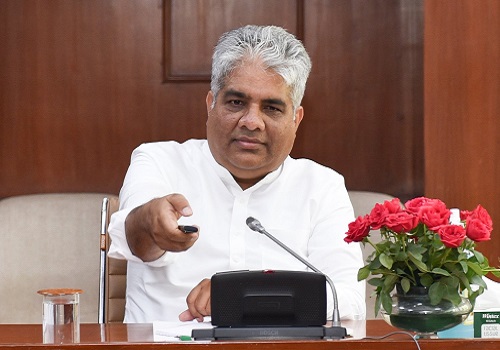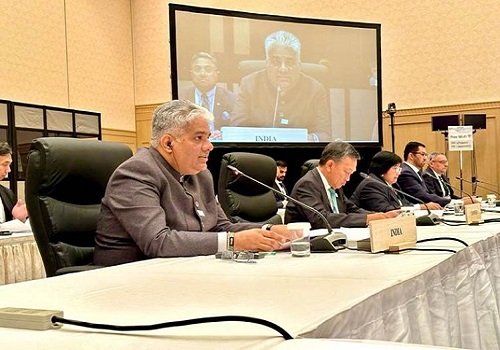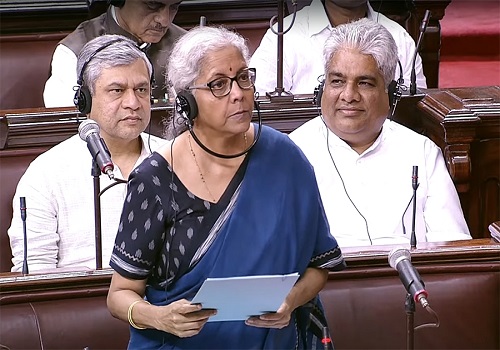Centre to introduce Forest (Conservation) Amendment Bill in Lok Sabha today

Follow us Now on Telegram ! Get daily 10 - 12 important updates on Business, Finance and Investment. Join our Telegram Channel
The Centre on Wednesday will introduce the Forest (Conservation) Amendment Bill, 2023 in the Lok Sabha.
Environment Minister Bhupender Yadav will introduce the Bill, which aims to amend the Forest (Conservation) Act, 1980.
The Bill seeks to amend the Forest (Conservation) Act, 1980 whose sole aim has been to protect the forests of the country and prevent their conversion into agricultural lands, or grazing lands, or building of business or residential units.
Under the Act, any proposal involving diversion of forest land of more than five hectares must be given by the Central government, through an advisory committee led by Director General Forests.
The new rules stipulate a two-stage approval process -- "in principle" and "final approval" to be granted by the Central government for any application seeking diversion of the forest land for non-forestry uses, including any kind of development or construction.
Meanwhile, Finance Minister Nirmala Sitharaman will move the Competition (Amendment) Bill, 2022 in the Lok Sabha for consideration and passing.
The Bill aims to amend the Competition Act 2002, to expand the scope of cartel prosecution by bringing hybrid anti-competitive agreements (such as hub and spoke cartels) within its ambit to enable the Competition Commission of India to treat cartel facilitators (who actively participated) at par with the cartel participants.
Environment Minister Bhupender Yadav will also bring in the Biological Diversity (Amendment) Bill, 2022, in the Lok Sabha for consideration and passing.
The Bill aims to amend the Biological Diversity Act, 2002.
The new amendment has excluded "codified traditional knowledge" practitioners from seeking prior permission or intimation of state diversity boards before accessing biological resources, apparently to encourage the local economy based on traditional knowledge.












 320-x-100_uti_gold.jpg" alt="Advertisement">
320-x-100_uti_gold.jpg" alt="Advertisement">












